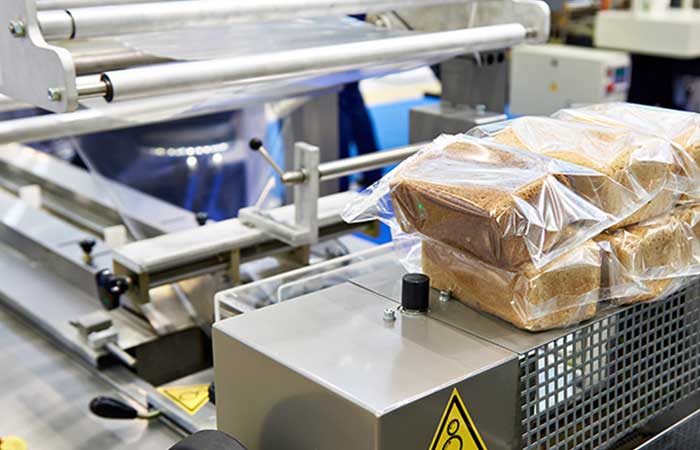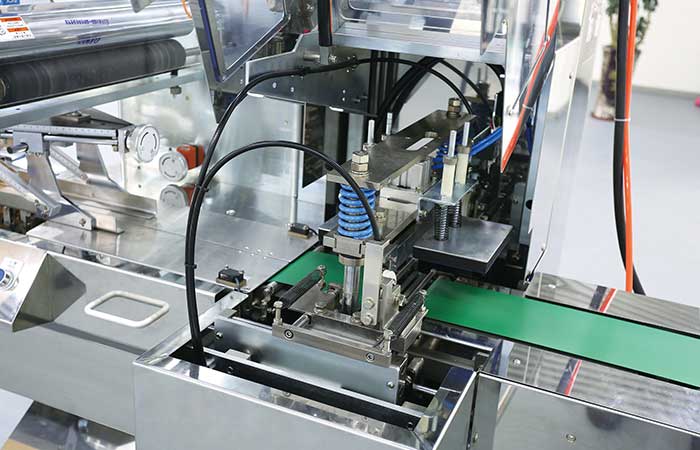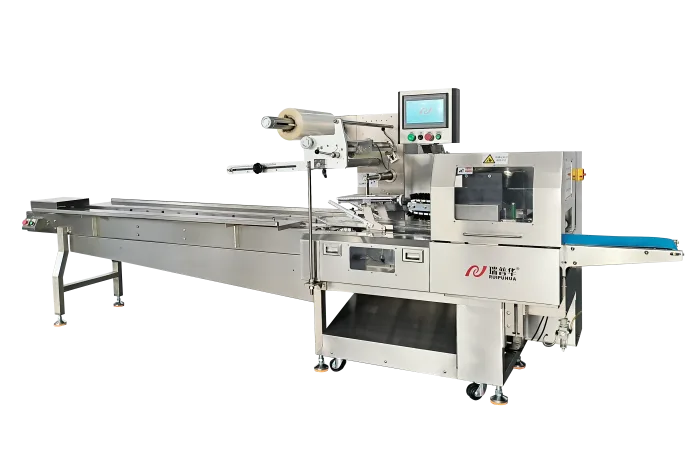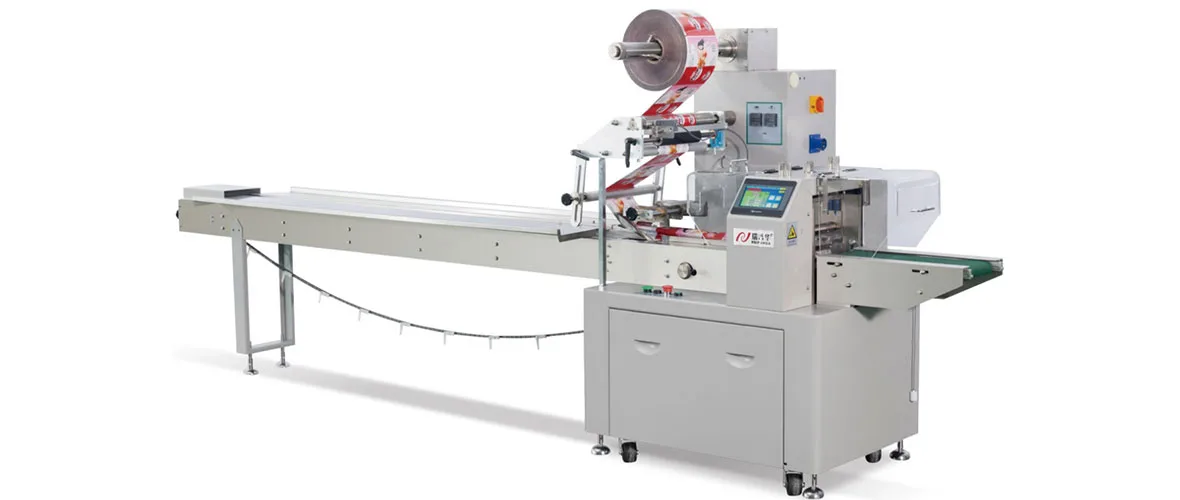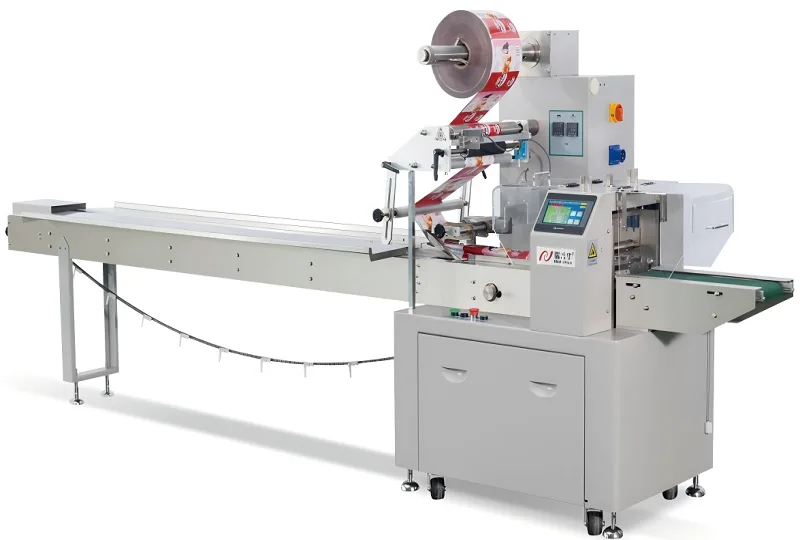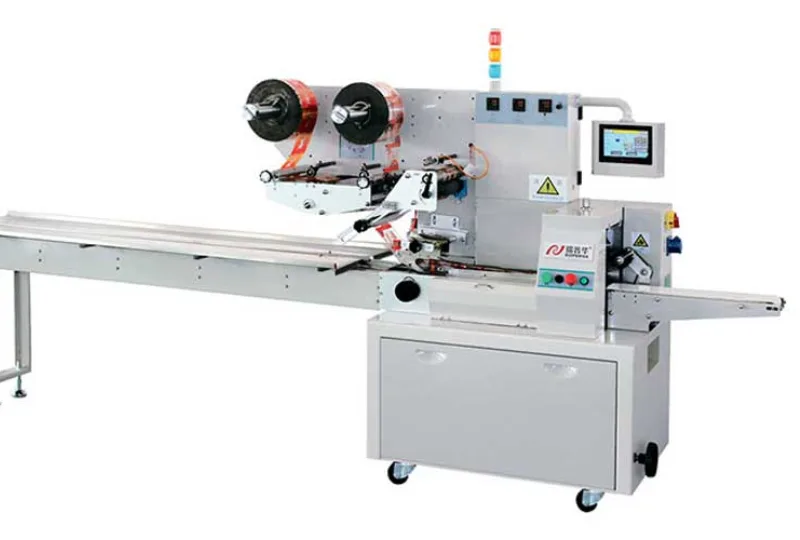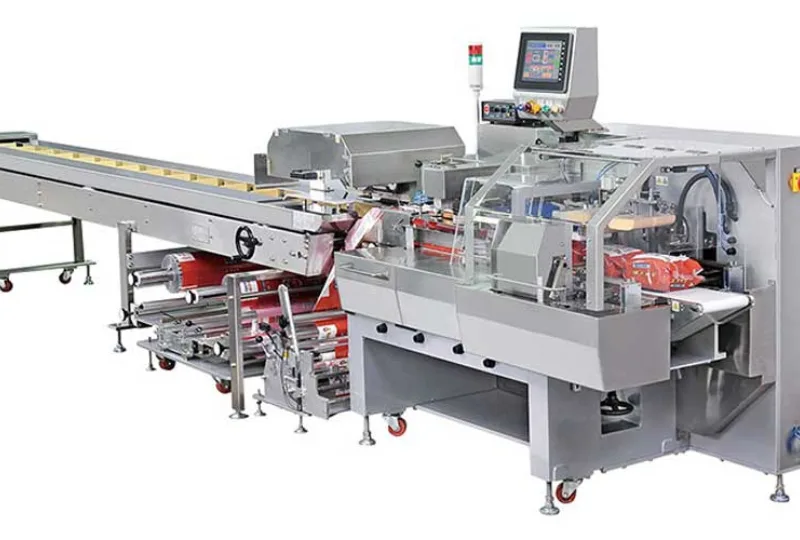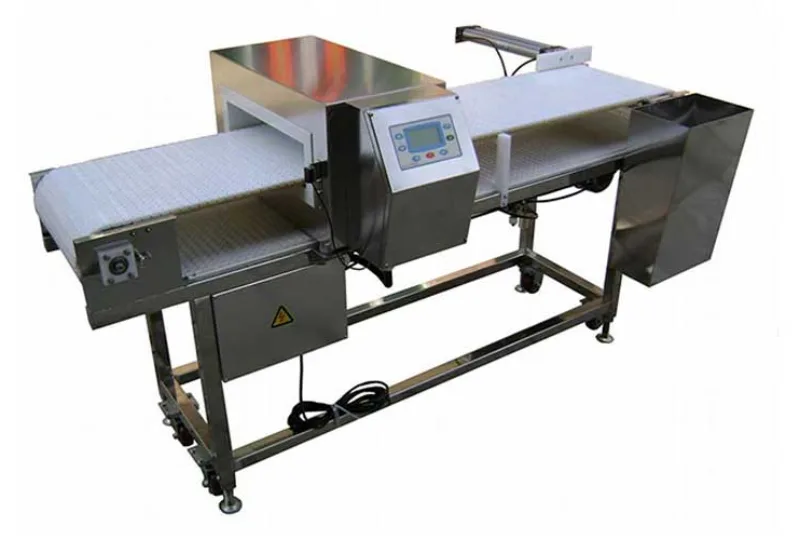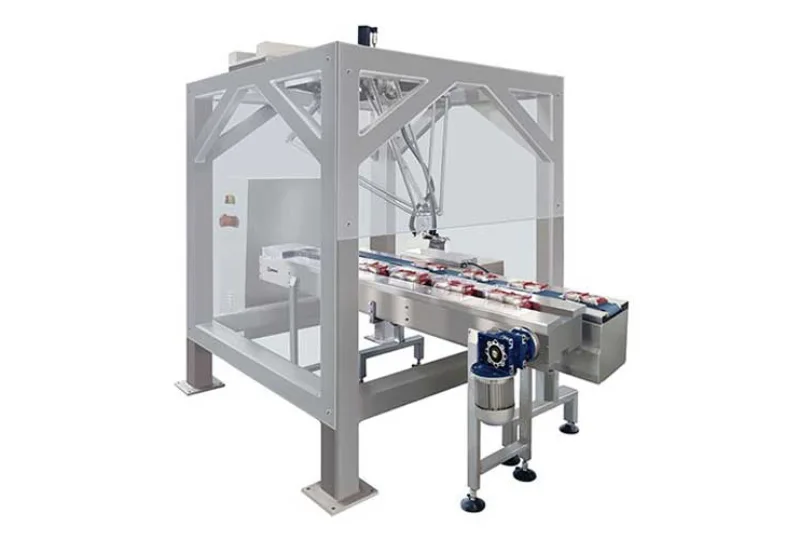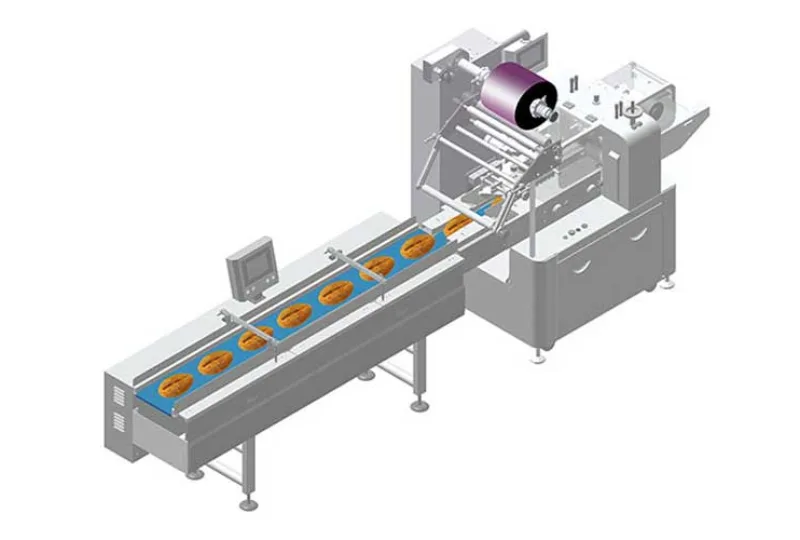Revolutionizing Efficiency: The Flour Packing Machine
The Flour Packing Machine: Streamlining Production
Flour packaging is a critical aspect of the food industry, where efficiency and precision are paramount. Traditional packaging methods have limitations, often leading to inconsistencies and inefficiencies. The advent of automated flour packing machines has revolutionized the industry by offering speed, accuracy, and cost-effectiveness.
Imagine a scenario where a state-of-the-art flour packing machine can precisely measure and pack flour into various-sized bags within minutes. This level of automation ensures uniformity in each package, reducing errors and minimizing wastage.
Furthermore, these machines are equipped with advanced technologies such as sensors and software that monitor and adjust the packing process in real-time. This not only enhances efficiency but also improves quality control.
Another remarkable feature of modern flour packing machines is their versatility. They can handle different types of flour, including wheat, rice, and maize, with ease. This flexibility allows manufacturers to adapt to changing demands and packaging requirements effortlessly.
The Benefits of Implementing Flour Packing Machines
1. Increased Efficiency: By automating the packing process, these machines significantly reduce production time and labor costs.
2. Enhanced Accuracy: The precise measurement capabilities of these machines ensure each package contains the exact amount of flour, eliminating discrepancies.
3. Cost-Effectiveness: While the initial investment may seem significant, the long-term cost savings and increased productivity justify the expenses.
Challenges and Solutions
While flour packing machines offer numerous advantages, they also come with challenges. Maintenance and technical issues can disrupt production if not addressed promptly. Regular servicing and training sessions for operators can mitigate these challenges, ensuring smooth operations.
Conclusion
In conclusion, the adoption of flour packing machines in the food industry represents a paradigm shift towards efficiency, precision, and reliability. Manufacturers who embrace this technology position themselves for sustained growth and competitiveness in a rapidly evolving market.
-
01
Packaging Machinery: Beyond Sealing, Driving an Efficient, Smart, and Sustainable Future
21-01-2026 -
02
Automatic Tray Loading and Packaging Equipment: Boost Efficiency to 160 Bags/Minute
21-11-2025 -
03
Automatic Soap Packaging Machine: Boost Productivity with 99% Qualification Rate
21-11-2025 -
04
A Deep Dive into Automatic Toast Processing and Packaging System
18-11-2025 -
05
The Future of Bakery Production: Automated Toast Processing and Packaging System
18-11-2025 -
06
Reliable Food Packaging Solutions with China Bread, Candy, and Biscuit Machines
11-10-2025 -
07
High-Performance Automated Food Packaging Equipment for Modern Production
11-10-2025 -
08
Reliable Pillow Packing Machines for Efficient Packaging Operations
11-10-2025 -
09
Advanced Fully Automatic Packaging Solutions for Efficient Production
11-10-2025 -
10
Efficient Automatic Food Packaging Solutions for Modern Production
11-10-2025



